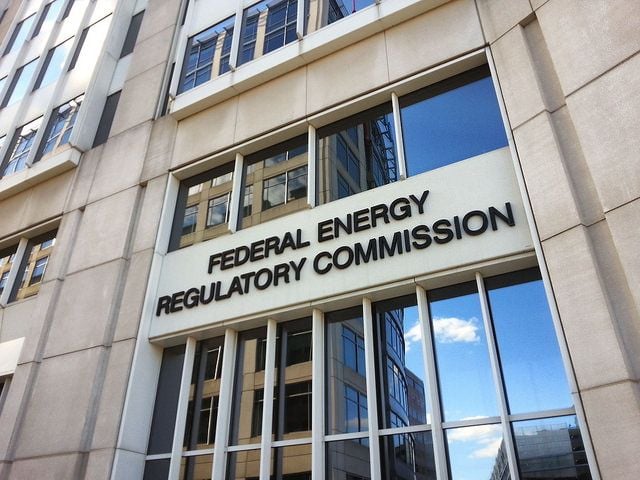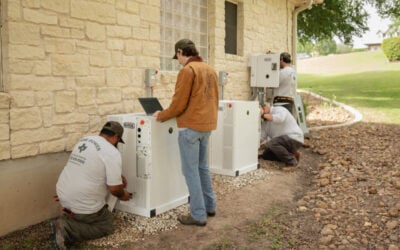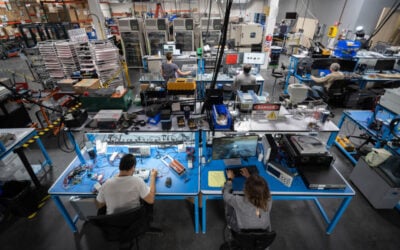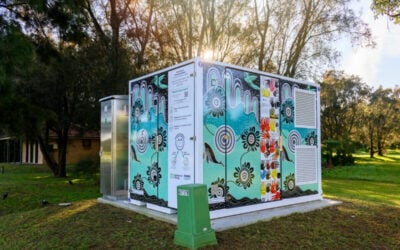
Distributed energy resources (DERs) will be able to participate in US wholesale energy markets following a “landmark” new ruling from the Federal Energy Regulatory Commission (FERC).
FERC Order 2222, approved late last week, enables DERs to participate in regional organised wholesale capacity, energy and ancillary services markets, competing against more traditional power resources.
Numerous installations of DERs, such as residential solar and battery storage systems, will be able to aggregate together to reach minimum size and performance requirements, with FERC commissioner Neil Chatterjee commenting that there was “no doubt” that investment in DERs would accelerate in the coming years.
“By relying on simple market principles and unleashing the power of innovation, this order will allow us to build a smarter, more dynamic grid that can help America keep pace with our ever-evolving energy demands,” he said.
Try Premium for just $1
- Full premium access for the first month at only $1
- Converts to an annual rate after 30 days unless cancelled
- Cancel anytime during the trial period
Premium Benefits
- Expert industry analysis and interviews
- Digital access to PV Tech Power journal
- Exclusive event discounts
Or get the full Premium subscription right away
Or continue reading this article for free
The latest ruling builds on FERC Order 841, which states that barriers to distributed and behind-the-meter energy storage participating in wholesale electricity markets should be removed. It orders regional transmission operators (RTOs) and independent system operators (ISOs) to reconfigure wholesale markets to accommodate storage resources to allow them to provide capacity, energy and ancillary services.
While that order ruled that states cannot opt-out, Order 2222 establishes a small utility opt-in whereby grid operators are prohibited from accepting bids from the aggregation of customers of small utilities whose electric output was 4 million MWhs or less in the preceding fiscal year. It also allows retail regulators to continue prohibitions against distributed energy aggregators bidding the demand response of retail customers into the regional markets.
Regional US grid operators are now required to revise their tariffs to establish DERs as a category of market participant, and each tariff must set a size requirement for resource aggregations that do not exceed 100kW.
Renewable energy trade bodies have welcomed the order and its potential for building a more resilient grid. Energy Storage Association CEO Kelly Speakes-Backman said Order 2222 represents the next step forward for energy storage and other distributed energy resources. “Enabling these flexible resources to participate together as ‘virtual power plants’ in wholesale markets is a victory for enhancing grid reliability, enabling a more resilient grid and lowering costs for consumers.”
Katherine Gensler, vice president of regulatory affairs for the Solar Energy Industries Association, said it provides clarity to grid operators on how to harness the energy and ancillary services they provide.
“Competition in our electricity markets is a critical part of our clean energy transformation,” she said. “This rule will create jobs, drive local economies and enable the solar industry to supply 20% of US electricity generation by 2030.”





